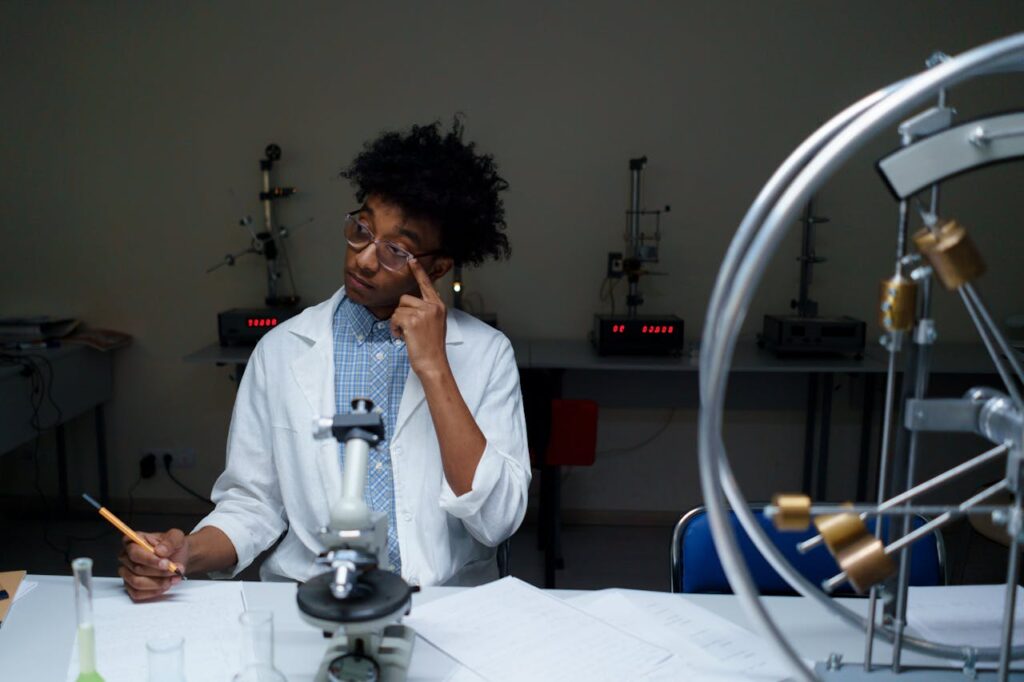Starting Your First Internship or Research Project: 3 Essential Tips
Starting your first internship or research project can be both thrilling and daunting. Here are three essential tips to help you make the most of this opportunity and set yourself up for success.
- Understand the Dress Code and Safety Procedures
First and foremost, it’s crucial to understand the dress code and safety procedures of your lab environment. In a wet lab, where we analyze and test biological materials, you may need to wear long pants, safety glasses, and gloves. A lot of research internships take place in the summer, making it a bit more challenging to wear long pants when you really want to be in shorts. One practical solution is to bring a pair of sweatpants with you. You can put them on when you enter the lab and take them off when you leave.
In a dry lab, for computational or mathematical analyses using computer-generated models or simulations, the dress code might be more relaxed, but always check the specific requirements. It’s important to start your internship or research project by asking about these guidelines to ensure you’re prepared and showing respect for the lab’s protocols.
- Take Detailed Notes
One of the most important skills you can develop is taking detailed and organized notes. Many students think they should memorize protocols or locations of equipment, but this approach can lead to mistakes and misunderstandings.
Write everything down, from the steps of your experiments to observations and changes in procedures. When performing subsequent experiments, refer to your notes and inquire about any areas of confusion. This practice reinforces the value of thorough record-keeping and promotes a deeper understanding of the research process.
- Know How to Address Your Mentor
Navigating the social dynamics of a new environment can be tricky, especially when figuring out how to address your research mentor. Most of the time, mentors will let you know how they prefer to be addressed, but if they don’t, it’s perfectly okay to ask. A simple, respectful question like, “Should I call you Dr. Nelson?” shows your respect and willingness to follow their preference.
Building a good rapport with your mentor is crucial. It sets a positive tone for your working relationship and helps you feel more comfortable seeking guidance and feedback.
Final Thoughts
By following these 3 tips, you’ll demonstrate professionalism, attention to detail, and a commitment to learning – qualities that will undoubtedly contribute to a successful and enriching research experience. Remember, your mentor is aware that you are new. Don’t be embarrassed to ask questions. The worst thing you can do is assume you know what’s going on and cause a safety hazard. Always, always ask questions first.
Good luck and make the most of this incredible opportunity to learn and grow.


